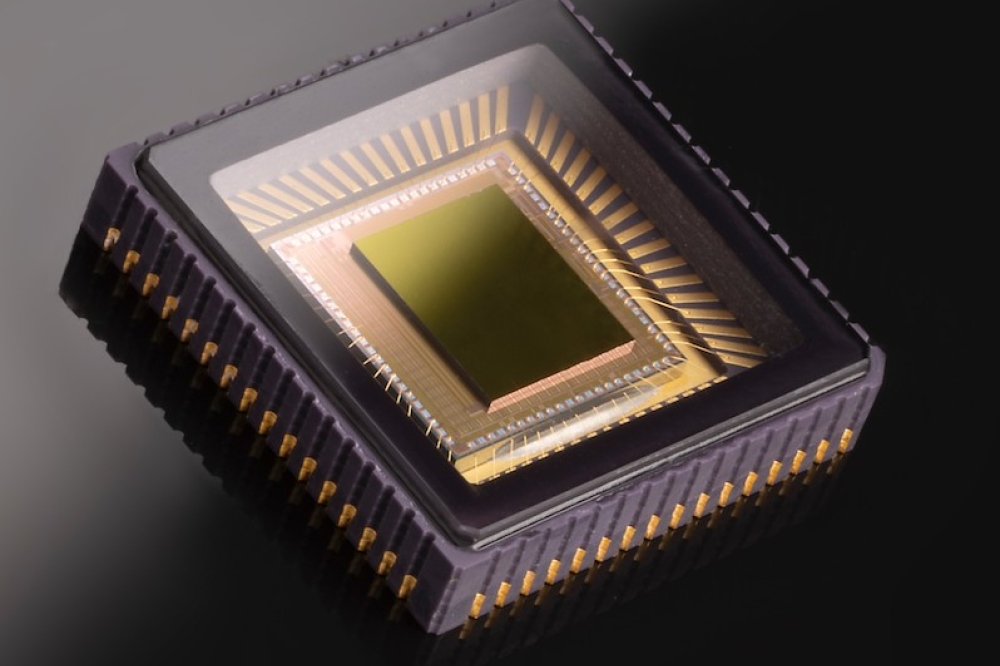Wales ramps compound semiconductor investment

Between 3,000 and 5,000 additional, highly skilled new jobs anticipated over the coming five years across the region
Wales is increasingly establishing its reputation as the world leader in the technologies behind electric vehicles and optical and wireless communications for 5G and beyond.
The region is soon to be home to two brand new research and innovation facilities boasting around 6,000m2 of high-tech working space including advanced cleanrooms and labs.
The Centre for Integrative Semiconductor Manufacturing (CISM) at Swansea University’s Bay campus will focus on multiple semiconductor platforms for healthcare and a net zero future in applications such as clean energy systems and power electronic components that are driving the electric revolution whilst Cardiff University’s Translational Research Hub (TRH) at its Maindy Campus will provide world-class facilities for advanced communications and sensing technologies based on integrated compound semiconductors.
Swansea University is currently recruiting students onto a newly launched MSc programme in Semiconductor Technology and Applications. Cardiff University already offers two MSc programmes along with PhD opportunities through its Centre for Doctoral Training (CDT). In all programmes students will have hands on laboratory experience developing knowledge and skills in device processing, characterisation and applications of compound semiconductors, building the skilled workforce of the future for the region.
The new Translational Research Hub (TRH) nearing completion at the University’s Maindy Campus, will be home to the Institute for Compound Semiconductors (ICS). With state-of-the-art equipment, cutting-edge facilities and highly skilled people, the ICS aims to position Cardiff as the UK and European leader in Compound Semiconductor Technologies.
Swansea’s CISM is due to come on-line in August 2022 and will be equipped with the latest manufacturing-relevant tools for 6inch and 8inch silicon and compound semiconductor wafer processing, plus unique deposition and processing equipment for next generation materials such as the wide gaps, organic and perovskite semiconductors and advanced dielectrics.
The complementary investments at Cardiff and Swansea supplement existing activities and will provide routes to markets through the growing CSconnected semiconductor community that is placing Wales firmly at the epicentre of the global connectivity, electrification and net-zero revolution.
The South Wales semiconductor community is expanding rapidly, with between 3,000 and 5,000 additional, highly skilled new jobs anticipated over the coming 5 years across the region.


































